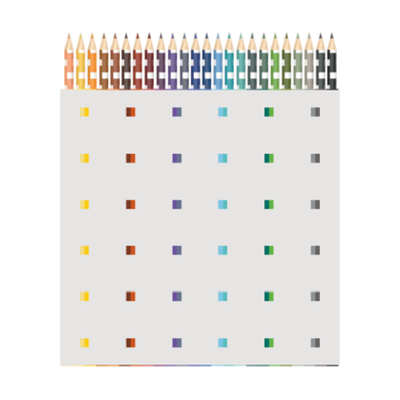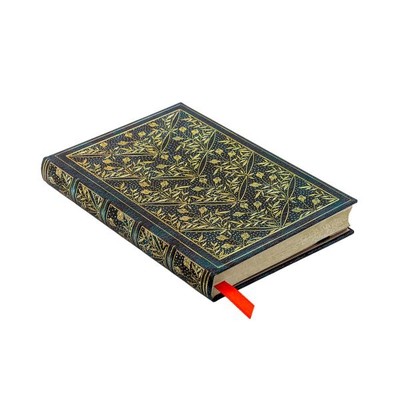Other Features:
Smyth-sewn
Custom-designed Laid Paper
100% recycled binder boards
Decorative printed cover paper
FSC-certified text paper
Threaded stitching and glue, as needed
Acid-free sustainable forest paper
A Bit of History:-
In the 15th century Johannes Gutenberg, a German goldsmith, sought to replicate the beauty of hand-illuminated manuscripts through a mass manufacturing method. In the 1450s, he was able to achieve his goal by casting individual letters in large quantities so that they could be assembled and reassembled into printed text, a hugely important innovation known as the printing press.
With the printing press Gutenberg created “nova forma scribendi,” reproductions of works of great importance that were normally reserved for clergy and royalty. This led to the printing of his famous 42- line Bible. The Gutenberg Bible was a hybrid of mass production and artisanal touches – with the text printed in his newly invented movable type and the colourful chapter headings, initials and margins decorated by hand.
While only 49 copies of Gutenberg’s two-volume Latin Bible survive today, it continues to inspire artists and writers alike. Our Parabole cover design reproduces a hand-illuminated page by German artist Gisela Maschmann. She has modelled her miniature painting of the Judgement of Solomon on a volume of Gutenberg’s ecclesiastic masterwork housed in the Berlin State Library.
Thanks to Gutenberg’s invention in the 1450s, the face of printing was forever changed as it became possible to reproduce the work of scribes who for generations had to meticulously copy text by hand. From the first printing press in Mainz, Germany, the technology spread with remarkable speed and by 1470 there were 14 printing houses throughout Europe. This dissemination of art and culture to people throughout the continent was critical in moving Europe out of Medievalism and into the Renaissance. It is impossible to overstate the significance of Gutenberg’s printing press, as it is the key innovation allowing literacy to extend around the world





